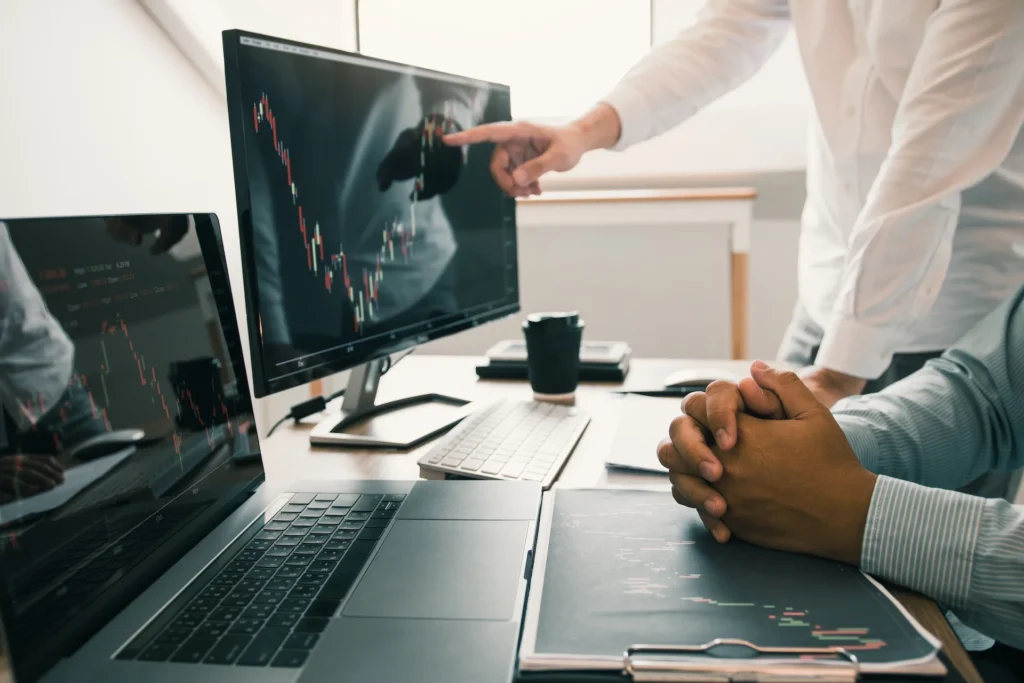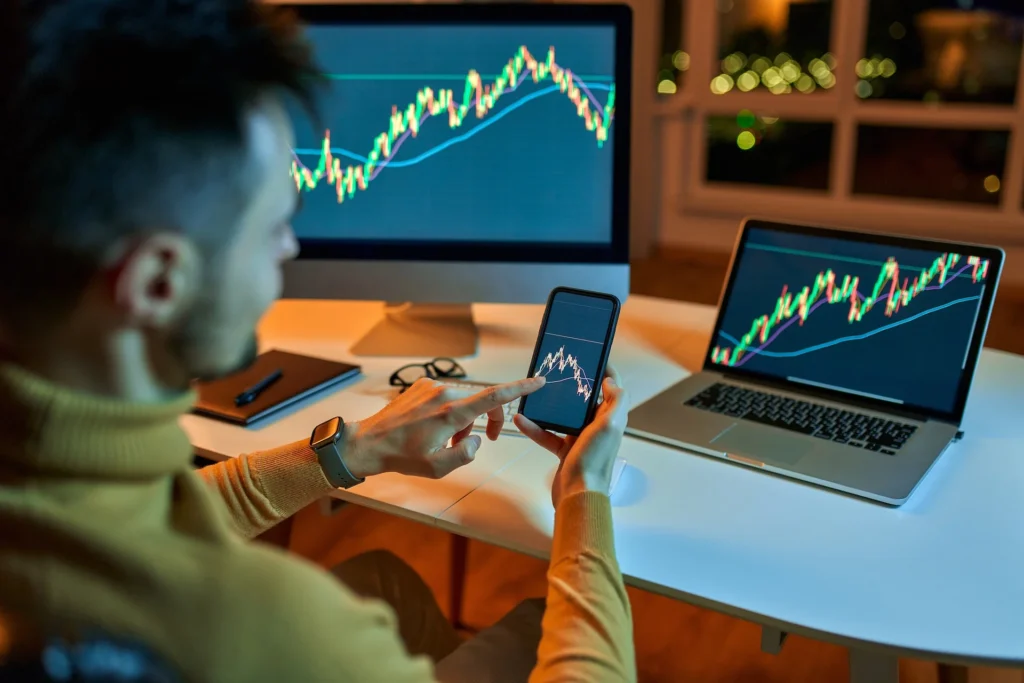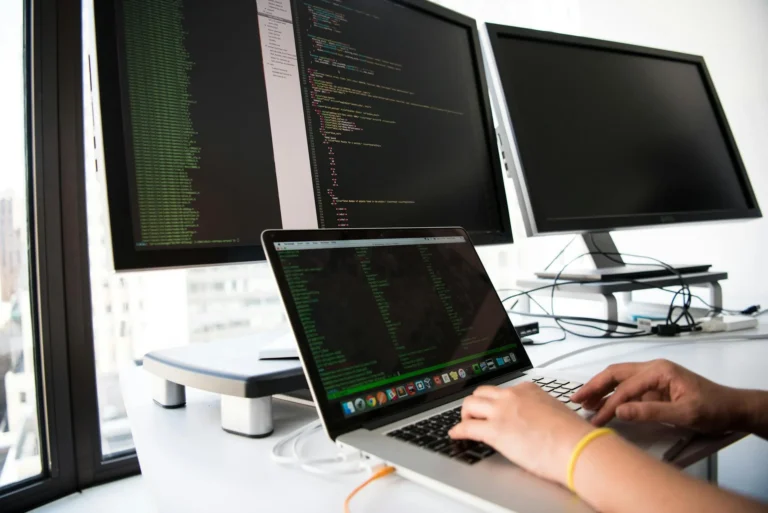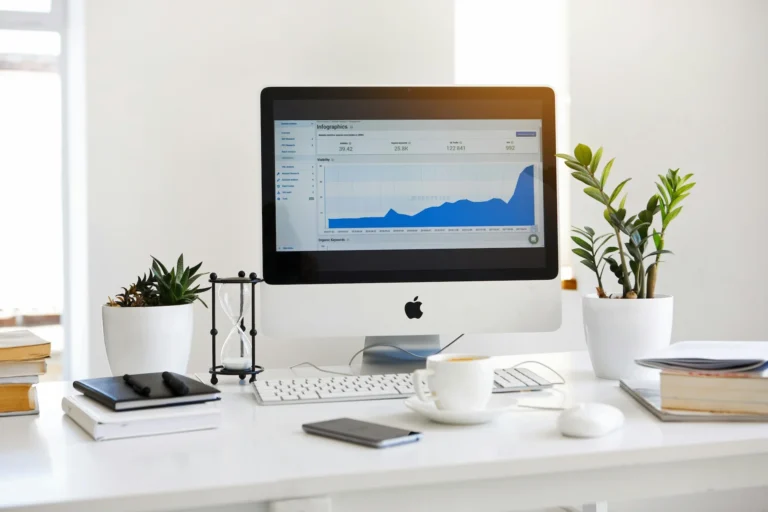Forex trading platforms like https://roboforex.com/es/forex-trading/platforms/metatrader4-mt4/ and Metatrader 5 have made it easier for every trader (beginner and seasoned) to participate in the global financial market. However, the forex market is highly sensitive to external factors, especially geopolitical events.
These geopolitical events vary from political elections to wars. Moreover, these events can influence significant price movements, posing both risks and opportunities for traders.
Hence, it is essential to understand how these geopolitical events influence forex markets to make the best, most informed trading decisions.
Here, we will explore the geopolitical events that directly impact forex markets. We will also examine the mechanisms of their impact, and the best strategies traders can use to navigate the uncertainties these events create. Let’s get started.
Understanding Geopolitical Events and Their Relevance in Forex
Geopolitical events greatly impact the Forex market, affecting currency prices by altering trade policy, investor attitude, and economic stability.
Moreover, these events are crucial for traders to keep an eye on as they frequently cause uncertainty and volatility.
By understanding the implications of geopolitical developments, traders can better predict market moves, modify their methods to reduce risks and take advantage of opportunities.
Types of Geopolitical Events
Elections and Political Changes
Leadership changes have the power to change monetary and fiscal policies, which can affect economic projections.
For example, U.S. elections frequently result in increased volatility as traders speculate on prospective policy changes.
International Conflicts
Risk-averse investors turn to safe-haven currencies like USD, JPY, or CHF when wars or military conflicts destabilize a geographic region.
For instance, the unpredictability of the energy supply during the Russia-Ukraine crisis impacted the Euro and other regional currencies.
Trade Agreements and Disputes
Trade negotiations, such as the popular Brexit or U.S.-China tariffs, directly impact the currencies of the participating economies.
For instance, the British Pound (GBP) fluctuated in value as a result of the uncertainty surrounding the Brexit discussions.
Economic Sanctions
Sanctions, or their removal, can impact the strength of a country’s currency, particularly in resource-dependent economies.
For example, the global energy market and the currencies of oil-exporting nations are both impacted by sanctions.
Why Geopolitical Events Matter in Forex
Geopolitical events significantly impact investor confidence and economic stability, making forex markets extremely sensitive to them.
These events can potentially disrupt trade flows, shift monetary policies, and influence global risk sentiment.
Moreover, traders need to keep up with geopolitical news to see patterns, forecast currency fluctuations, and modify their tactics successfully.
Geopolitical events are significant for these key reasons:
Volatility and Liquidity
Increased geopolitical concerns frequently trigger increased volatility and changes in market liquidity, offering traders both possibilities and difficulties.
Safe-Haven Demand
Traders look for safe-haven currencies during uncertain times, which causes the USD, JPY, and CHF to fluctuate sharply.
Economic Impact
Trade regulations, sanctions, and disputes directly impact the state of the economy, which is reflected in exchange rates.
Market Sentiment
Geopolitical developments frequently shape investor confidence, driving new trends in forex markets.
Understanding and analyzing geopolitical events allows traders to make more educated decisions, manage risks more effectively, and capitalize on opportunities in a dynamic Forex market.

Mechanisms of Influence: How Geopolitical Events Affect Forex Markets
Geopolitical events have a big influence on the Forex market by influencing capital flows, changing economic expectations, and influencing investor behavior.
Moreover, these processes clarify how political and international events influence market trends and currency swings.
Risk Appetite and Investor Sentiment
Geopolitical instability often triggers risk aversion, in which investors avoid high-risk assets and gravitate towards safe-haven currencies like the:
US dollar (USD),
Japanese yen (JPY), or
Swiss franc (CHF).
For instance, the USD appreciated during the Russia-Ukraine crisis in 2022 as investors sought stability due to global uncertainties. This shift in emotion directly influences demand and pricing in the forex market.
Interest Rate Expectations
Global political events can change expectations of central bank policies. For example, inflationary concerns can arise if an election results in a government with expansive fiscal policies.
Moreover, central banks frequently raise interest rates in anticipation of greater inflation, which strengthens the currency’s value. Conversely, if monetary relaxation is anticipated, the currency can depreciate.
Economic Indicators
Geopolitical conflicts can disrupt trade routes and supply networks, detrimentally impacting economic indices like GDP growth and employment.
For example, long-running trade disputes or regional wars lead to inferior economic performance and a decline in the value of the local currency as investors lose faith in the stability of the country’s economy.
Capital Flows and Foreign Investment
Stable political situations encourage foreign investment, resulting in an inflow of funds that boosts the currency.
Conversely, geopolitical instability can cause capital flight, devaluing the currency as foreign investors withdraw funds to reduce risk.
Forex traders can forecast market fluctuations and make wise judgments during geopolitical events by understanding these mechanisms.
Strategies for Navigating Geopolitical Events in Forex Trading
To successfully navigate geopolitical events in Forex trading, you must combine staying informed, strategic diversification, smart risk management, and analytical tools.
By knowing how these events affect the market, traders can set up their positions to capitalize on opportunities and reduce risks.
Stay Informed with News and Analysis
It is crucial to be informed about geopolitical happenings to predict market moves.
Use Economic Calendars: Platforms like Investing.com and Forex Factory offer real-time information on data releases, world events, and their anticipated effects on currencies.
Follow Credible News Sources: Reputable publications such as Reuters, Bloomberg, and Financial Times provide traders with comprehensive economic and geopolitical research that assists in decision-making.
Diversify Your Portfolio
Diversification is a tried-and-true method of reducing the risks of political unrest in specific regions.
Hold Different Currencies: Holdings should be balanced across many geographies to reduce overexposure to a single geopolitical event.
Pair Safe-Haven and Riskier Currencies: Combining stable currencies like the USD or CHF with higher-yielding but riskier currencies result in a more resilient portfolio.
Adopt a Risk Management Plan
Traders can prevent large losses during volatile times with a sound risk management plan.
Use stop-loss orders: Traders must use stop-loss orders to prevent losses during abrupt market movements. These orders automatically end deals at predetermined levels.
Modify Position Sizes: You must lower your trading sizes to retain capital while remaining active in extremely volatile markets.
Focus on Safe-Haven Currencies
When there is geopolitical instability, safe-haven currencies are frequently the best option.
Moreover, USD, JPY, and CHF currencies tend to appreciate as investors seek stability. Increasing the number of trades in these assets can lower the risk of the entire portfolio.
Apply Technical Analysis
Trading accuracy is increased by combining technical tools with geopolitical information.
Determine Key Levels: Fibonacci retracements, moving averages, and support and resistance levels are some tools for identifying the best times to enter and exit a market.
Integrate Fundamentals and Technicals: Technical analysis identifies the best times to take action, while geopolitical events are used to forecast trends.
By combining these tactics, traders can successfully negotiate the intricacies of geopolitical developments, lowering risks and taking advantage of chances in the ever-changing Forex market.
Challenges and Risks in Trading Geopolitical Events
Trading amid geopolitical events can be profitable, but it also presents considerable challenges and risks that traders must carefully negotiate to prevent losses.
High Volatility
Geopolitical developments can cause quick and dramatic market fluctuations. Moreover, though market volatility creates many opportunities, it also makes you susceptible to risks.
Significant news, like an election’s outcome or a trade policy shift, can cause a currency pair to see substantial price swings within minutes.
Furthermore, traders who don’t have strong risk management plans are most at danger in these situations.
Unpredictable Outcomes
Geopolitical events like wars, elections, and trade deals can have unpredictable effects. Moreover, even if traders expect something to happen, the market’s response can not match their predictions.
For example, even if a nation elects a government that is supportive to business, the market can still need to anticipate policy delays.
Overtrading Due to Emotional Reactions
Emotions are typically heightened during volatile times, which might cause traders to overtrade or act rashly.
Moreover, geopolitical unpredictability increases fear and greed, which causes traders to stray from their plans. In addition to raising transaction costs, overtrading raises risk exposure.
Additionally, traders should focus on setting stop-loss orders, being disciplined, and avoiding excessive market exposure during uncertain periods to reduce these risks.
Conclusion
Geopolitical events greatly impact the Forex market, affecting investor mood, market volatility, and currency prices.
To overcome these obstacles, traders must be up to date on world events and their possible effects on the economy. Moreover, traders can reduce risks by using tools like MetaTrader 4 and 5, diversifying their assets, and using effective risk management.
Additionally, while technology provides real-time insights for improved decision-making, combining technical and fundamental analysis improves market forecasts.
Ultimately, Forex traders can convert possible dangers into lucrative opportunities and make more strategic and educated trading decisions by anticipating geopolitical concerns and adjusting to market dynamics.
















